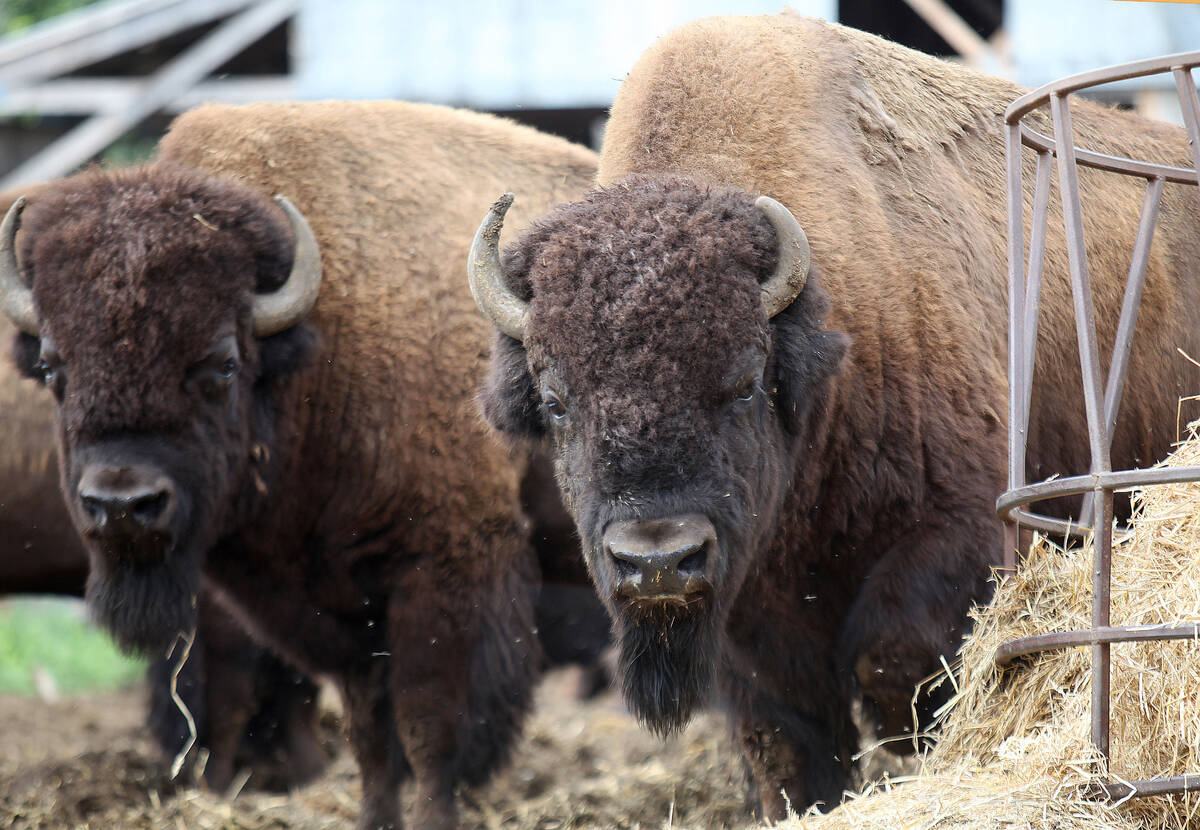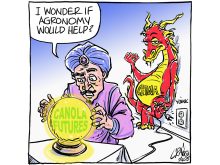Canadian farmers got another reprieve from Trump’s tariff wars last week, but the big picture hasn’t changed.
Despite their initial sense of relief on April 2, many in the industry woke up the next morning feeling the same uncertainty that has prevailed since Jan. 20. There is no end in sight.
Canadian agricultural exports to the U.S. remain vulnerable to Trump’s apparent ability to skirt congressional approval processes to carry out his whims. There are increasing calls to reduce the sector’s reliance on a market that has become so unpredictable.
Read Also

Reconciliation and farming require co-operation to move ahead
Indigenous communities in North America were cultivating crops such as potatoes and corn long before anyone from Europe had heard of the crops.
One option is to grow domestic demand. One of the most significant opportunities for western Canadian farmers is in the biofuel sector.
British Columbia has taken the lead in developing policies that support Canadian production of biofuels, and other provinces should follow suit.
For example, British Columbia announced updates to the province’s renewable fuel requirements for diesel and gasoline at the end of February.
The renewable fuel blending target for diesel will increase from four per cent to eight per cent in the province starting this year, and this biodiesel must be produced within Canada.
The diesel requirements can be satisfied with biodiesel or renewable diesel/biomass-based diesel.
For gasoline, a Canadian production requirement will be applied at the beginning of 2026 for the five per cent renewable fuel target.
There are also opportunities to increase ethanol production in Canada, considering about 60 per cent of the ethanol in Canadian gas tanks is imported from the U.S. However, U.S. corn has a competitive advantage because the country is awash in corn, which is more efficient than feed wheat as a feedstock for ethanol production.
The North American biofuel market is not a level playing field because of U.S. subsidies, including those provided under the U.S. Inflation Reduction Act.
However, Canada has potential to be much more competitive with the U.S. when it comes to biodiesel production.
Before this happens, the regulatory environment for biofuel in Canada needs an overhaul.
Chris Vervaet, executive director of the Canadian Oilseed Processors Association, told The Western Producer recently that the industry needs long-term, predictable policy demand signals at both the federal and provincial levels.
It is interesting that B.C.’s laws seem to promote domestic biodiesel production better than rules in the canola-producing Prairie provinces.
Earlier this year, Federated Co-operatives Limited cited regulatory and political uncertainty as some of the reasons it hit pause on the Integrated Agriculture Complex project in Regina that was set to produce renewable biodiesel.
A positive sign for the industry is Imperial Oil’s renewable diesel facility in Strathcona, Alberta that is expected to be commissioned this year.
It will require one million tonnes of canola oil produced from 2.5 million tonnes of canola seed per year.
This couldn’t come at a better time considering the U.S. has determined that canola oil will no longer qualify for the U.S. 45Z biofuel production tax credit, China’s imposition of tariffs on canola oil and meal, and the potential for additional U.S. tariffs.
A healthy biofuel sector in Canada would increase domestic consumption for canola and provide exactly the kind of predictability and resilience that both farmers and the Canadian economy needs.
Canadian policy makers must focus on creating a policy and investment climate that encourages development of the infrastructure needed to make this happen.
Karen Briere, Bruce Dyck, Robin Booker, Paul Yanko and Laura Rance collaborate in the writing of Western Producer editorials.

















